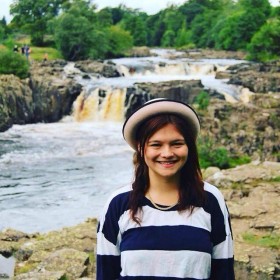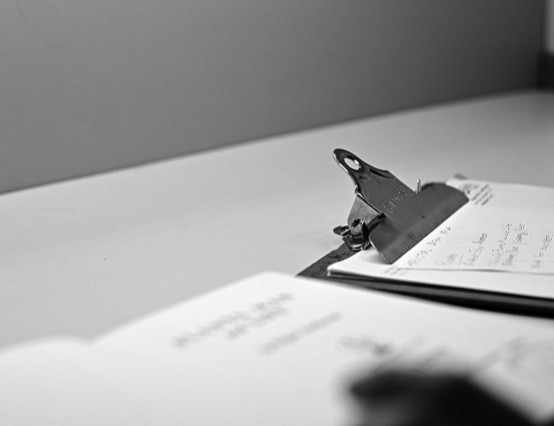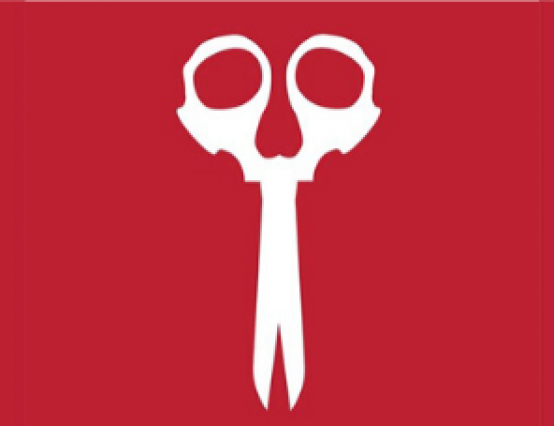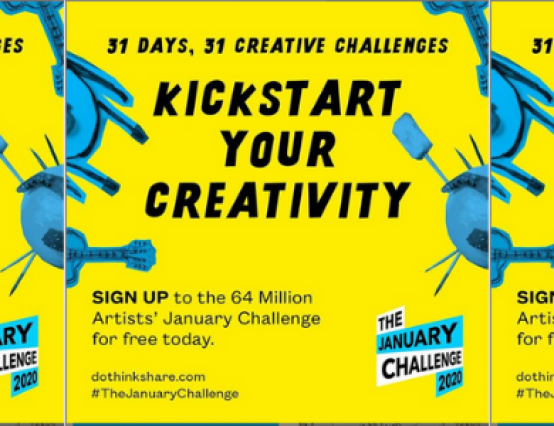Koolhaas is no stranger to developing innovative arts spaces through his company, the Office of Metropolitan Architecture (more commonly OMA). He is keen to explore how we can use spaces to find a way in which we can open up definitions around community engagement and the arts.
In discussing the typical architecture of galleries and museums, both note that we cannot bring places together when spaces are homogenous - they need to be uniquely engaging and carry individuality.
Modern arts spaces, particularly Koolhaas' work, is influenced by a trend that spread across Europe in the 1990s in which there was an exchange of disciplines and buildings began to bring together a combination of art, political ambition and theatre.
A more modern issue is the paradox of also being simultaneously digital and analogue with the growing role of technology in the arts contributing to 'mixed realities'. These are issues that Koolhaas has to consider in his work. Equally, a growing movement away from traditional perspectives of the audience looking onto the stage is reshaping how we build theatres, with more immersive spaces being developed where we can experience performance from every angle.
Koolhaas is very interested in issues of accessibility and space, thinking about rural areas in particular. The focus often lies on the statistic that half the world's population lives in cities. Yet, Koolhaas points out that, considering the other half must be living in rural areas, how urbanisation is affecting them is hugely important. He cites the infrastructure of internet as a particular example in the lack of accessibility.
For Obrist, the key to accessibility is free admission. This raises an interesting audience question about how we can fund arts spaces with limited government funding. Obrist's solution is sponsorship, attracting private businesses to invest in an effort to break down social barriers. Will there be complexities and barriers in working with private businesses and even the not-for-profits that run these spaces? It is likely, Koolhaas concedes, as everyone has different visions but this does not stop him from working on what he believes in and hoping for success.
Overall, while the topic may have been a little dry, the discussion contributed to a hugely important conversation that we need to be having about access in the arts and it is an interesting watch for anyone working in the arts and culture.
- You can see the final two events: We need to talk about Truth and We Need to talk about Change, at Albert Hall Sat 15th July. You can also view previous talks online - find more information on the MIF Website.








Accessibility to the arts is crucial for communities to develop their creativity and engage with each other.